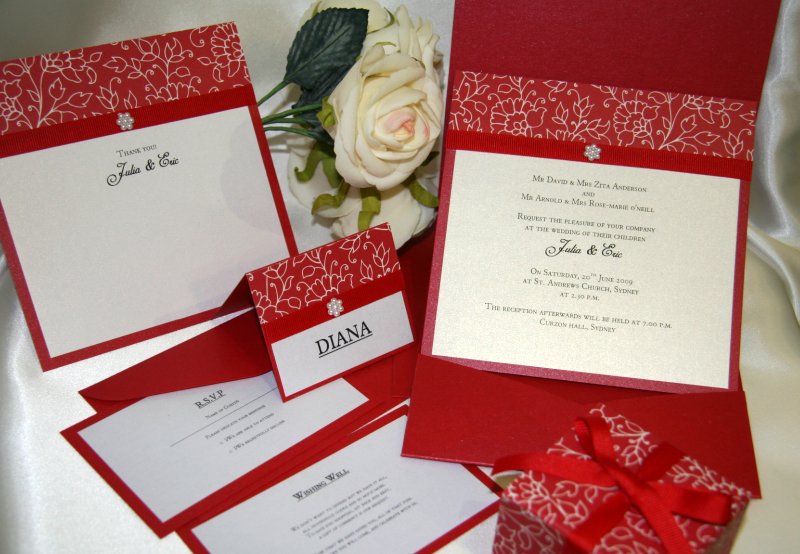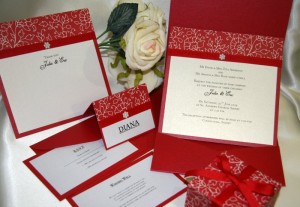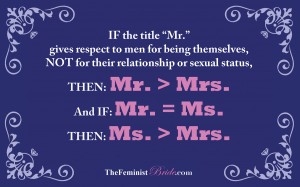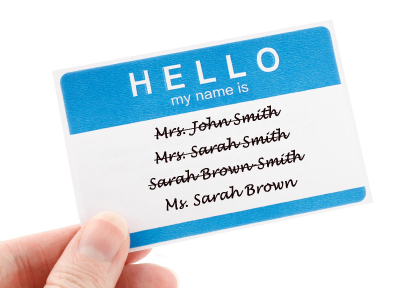Posts Tagged: patronymics

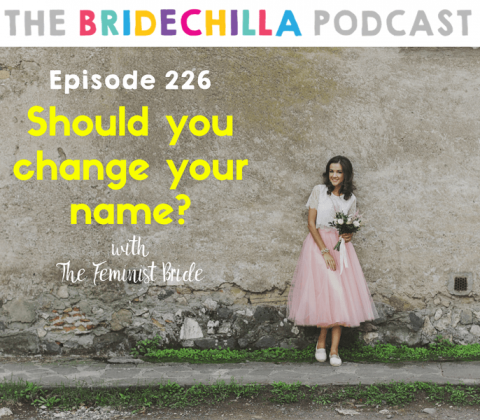
Should You Change Your Name?
 The Feminist Bride returns as a guest on the Bridechilla Podcast to discuss the wedding tradition of name change (Ep #226). Host Aleisha McCormack asks (and I answer) why do women change their name? Should they? What other options are there? How come men don’t? There’s a whole lot to consider than just your personal motivations – seriously, they might shock you. If you’re a feminist bride (or groom) grappling with whether or not this tradition is for you, I highly recommend you give it a listen (which you can do on iTunes, Android or by downloading the bridechilla app!
The Feminist Bride returns as a guest on the Bridechilla Podcast to discuss the wedding tradition of name change (Ep #226). Host Aleisha McCormack asks (and I answer) why do women change their name? Should they? What other options are there? How come men don’t? There’s a whole lot to consider than just your personal motivations – seriously, they might shock you. If you’re a feminist bride (or groom) grappling with whether or not this tradition is for you, I highly recommend you give it a listen (which you can do on iTunes, Android or by downloading the bridechilla app!
And if you missed The Feminist Bride’s first guest spot on the podcast, check out Episode 169, where I discuss the traditions in most need of feminism and the obsolete and sexist symbolism imbedded in them.
Feminist Math Proof: Why “Ms.” is better than “Mrs.”
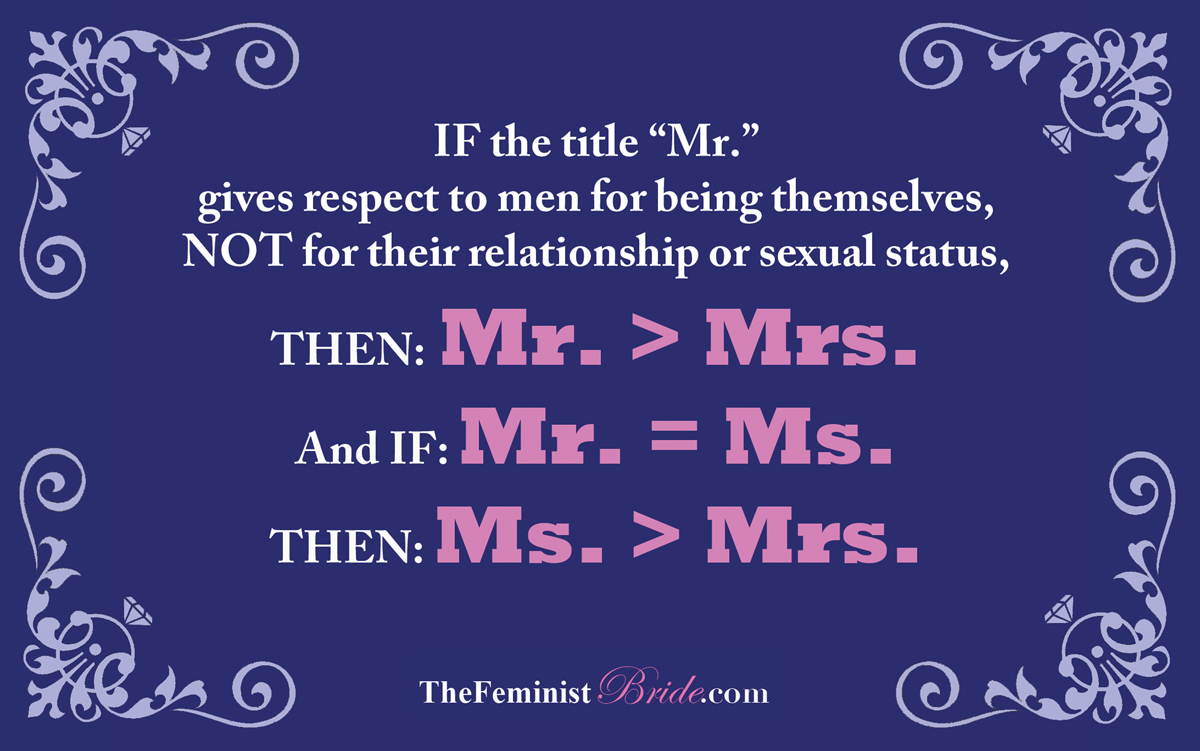
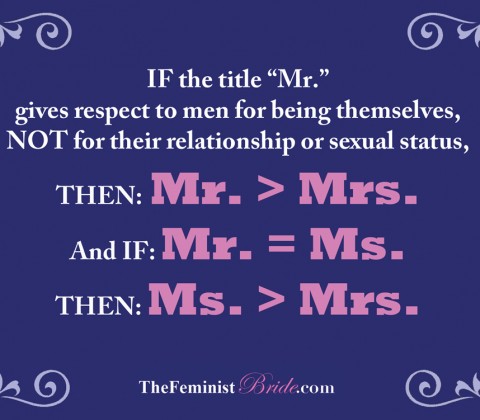
Can’t wait to become the new “Mrs. His Name?” Ever think about why men never change their title of “Mr.” when they get married, ever stop to consider what it means for women to only change her title?

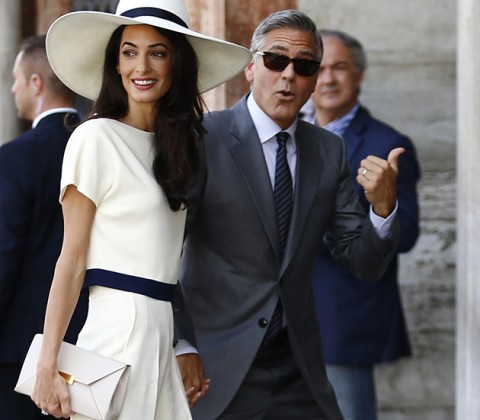
Is Choosing to Take Your Husband’s Surname Really Feminist?
I winced when I heard Ms. Amal Alamuddin was changing her name to Mrs. George Clooney. She became yet another example of a women choosing for her identity to be represented by a man’s after marrying. Here’s how her decision, one shared by the majority of women, is vastly more complicated than it seems.


How to be Announced as Newlyweds
Taking your first steps as a child are a big deal, so are the ones you and your spouse take together as newlyweds. Who wouldn’t want to step off on the right foot into a lifetime of marital bliss? It’s not the actual steps one takes at the reception that matters (though knowing how to walk in high heels under layers of tulle is a feat unto itself); it’s how the Master of Ceremonies introduces the couple that makes a big difference.
take together as newlyweds. Who wouldn’t want to step off on the right foot into a lifetime of marital bliss? It’s not the actual steps one takes at the reception that matters (though knowing how to walk in high heels under layers of tulle is a feat unto itself); it’s how the Master of Ceremonies introduces the couple that makes a big difference.
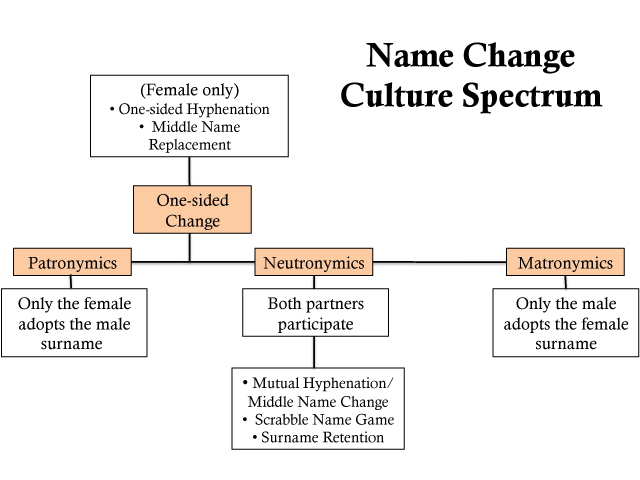

How Well Balanced Is Your Name Change Decision?
I created this ‘Name Change Cultural Spectrum’ for a lecture I gave at Tufts University this spring. I wanted people to understand where their decisions stand in the broader context of equality. For example, a lot of women who retain their surname but also incorporate their new spouse’s name through hyphenation will defend their decision as being progressive or feminist or seemingly more about equality. If you look on the spectrum, that one-sided name change is not as based on equality as we might like to think, especially since men typically do not join women in this one-sided hyphenation.
Also to show that existing name change culture does not encourage equality, I had to invent the term Neutronymics. Neutronymics is the adoption of a new name or combination of names created using the names of married individuals or the retention of separate surnames. It is meant to be a solution to those wishing to participate in neither patronymics nor matronymics and to increase name equality. Mutual hyphenation, the Scrabble Name Game and Surname Retention are all options people are aware of, but had never been grouped before or labeled. Labeling it gives it legitimacy and really puts into perspective the other options that favor one sex over another.
So when it comes time for you to get married and you’re not sure if you’re making the right decision that honors yourself and/or your partner – take a look at the Name Change Culture Spectrum. See where your decision places on the map and you’ll get a better sense as to whether you are helping to buck the dominating patriarchy, are alone in your name change decisions or are making a healthy decision that really promotes equality in your relationship and teaches women to value their name too. And if you’re a lady getting married, don’t forget to make the groom put in the same type of name change consideration you are putting in yourself!
 Why Women Change Their Last Names After Marriage
Why Women Change Their Last Names After Marriage
Wedding Invitation Name Etiquette
The Lucy Stone League: Crusaders for more name equality!

